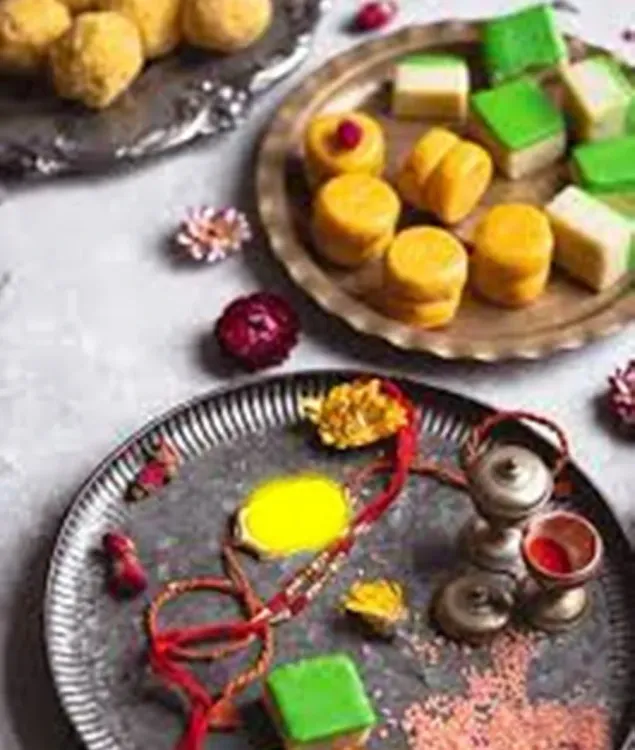What Does Raksha Bandhan Represent in Our Lives?

Synopsis
Key Takeaways
- Raksha Bandhan celebrates the bond between siblings.
- It is observed on the full moon day of Sawan.
- Traditions include tying Rakhi and exchanging gifts.
- Leaders express their wishes during this festival.
- The festival emphasizes love, trust, and protection.
New Delhi, Aug 9 (NationPress) Union Home Minister Amit Shah on Saturday conveyed his heartfelt greetings to the citizens on the auspicious occasion of Raksha Bandhan, a festival that epitomizes the unbreakable bond of love, trust, and guardianship shared between brothers and sisters.
In a message shared on the social media platform X, HM Shah expressed, "Warm wishes to all fellow countrymen on the sacred festival of ‘Raksha Bandhan,’ which celebrates the unbreakable bond of love, trust, and commitment to protect one another between siblings. I pray to the Almighty that this festival brings joy and enthusiasm into everyone's life."
Observed nationwide, Raksha Bandhan carries profound cultural and religious importance. It celebrates the affectionate relationship among siblings and is held annually on the full moon day (Purnima) of the Hindu month of Sawan.
This festival is particularly cherished in Hindu culture as a symbol of love, trust, and protection.
Union Minister Nitin Gadkari also shared his warm greetings on X, stating, "Raksha Bandhan is a representation of the love, affection, and commitment shared between siblings. Heartfelt wishes to all the countrymen on this sacred festival of Raksha Bandhan."
Furthermore, Uttar Pradesh Chief Minister Yogi Adityanath added his sentiments on X, saying, "The sacred bond of affection, the silent promise of trust, the vibrant manifestation of the unbreakable love between siblings, heartfelt congratulations to the people of the state on Raksha Bandhan! The delicate thread of the Raksha Sutra not only ties the wrist but also bonds the soul, weaving a timeless narrative of dignity and intimacy throughout the ages," (translated from Hindi).
The festival involves sisters tying a protective thread, known as Rakhi, around their brothers' wrists, symbolizing their prayers for their brothers' well-being and the brothers' promise to safeguard their sisters. The celebrations typically include family gatherings, rituals, and exchanging gifts, thereby reinforcing familial bonds.









